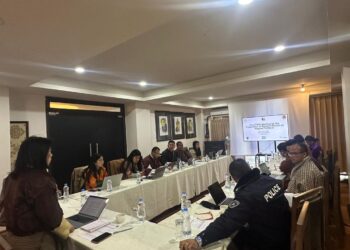
February 3, 2026| Bio-diversity News, BP & ABS, newssss| NBC-User
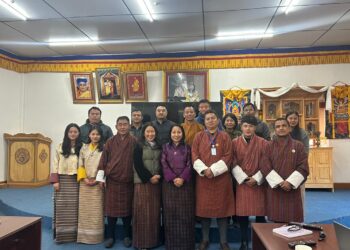
January 29, 2026| Bio-diversity News, BP & ABS| NBC-User
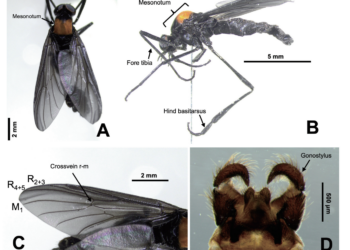
January 24, 2026| Bio-diversity News| NBC-User
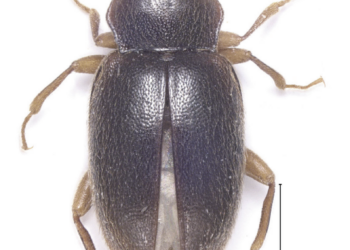
January 24, 2026| Bio-diversity News| NBC-User
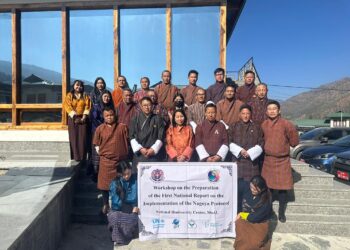
January 23, 2026| Bio-diversity News, BP & ABS| NBC-User
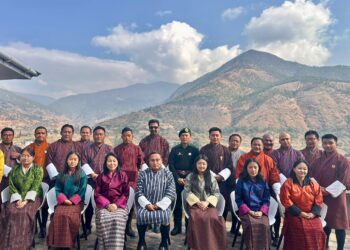
January 22, 2026| Bio-diversity News, BP & ABS| NBC-User
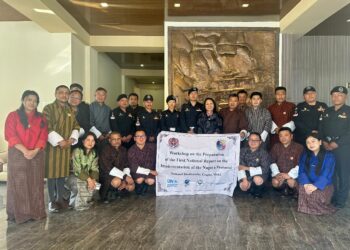
January 16, 2026| Bio-diversity News, BP & ABS| NBC-User
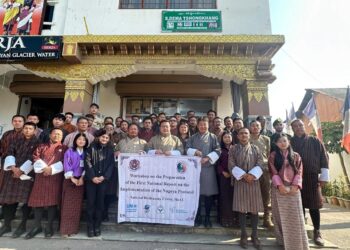
January 15, 2026| Bio-diversity News, BP & ABS, Uncategorized| NBC-User
 Views Last 7 days : 1205
Views Last 7 days : 1205 Views Last 30 days : 5358
Views Last 30 days : 5358 Total views : 22888
Total views : 22888